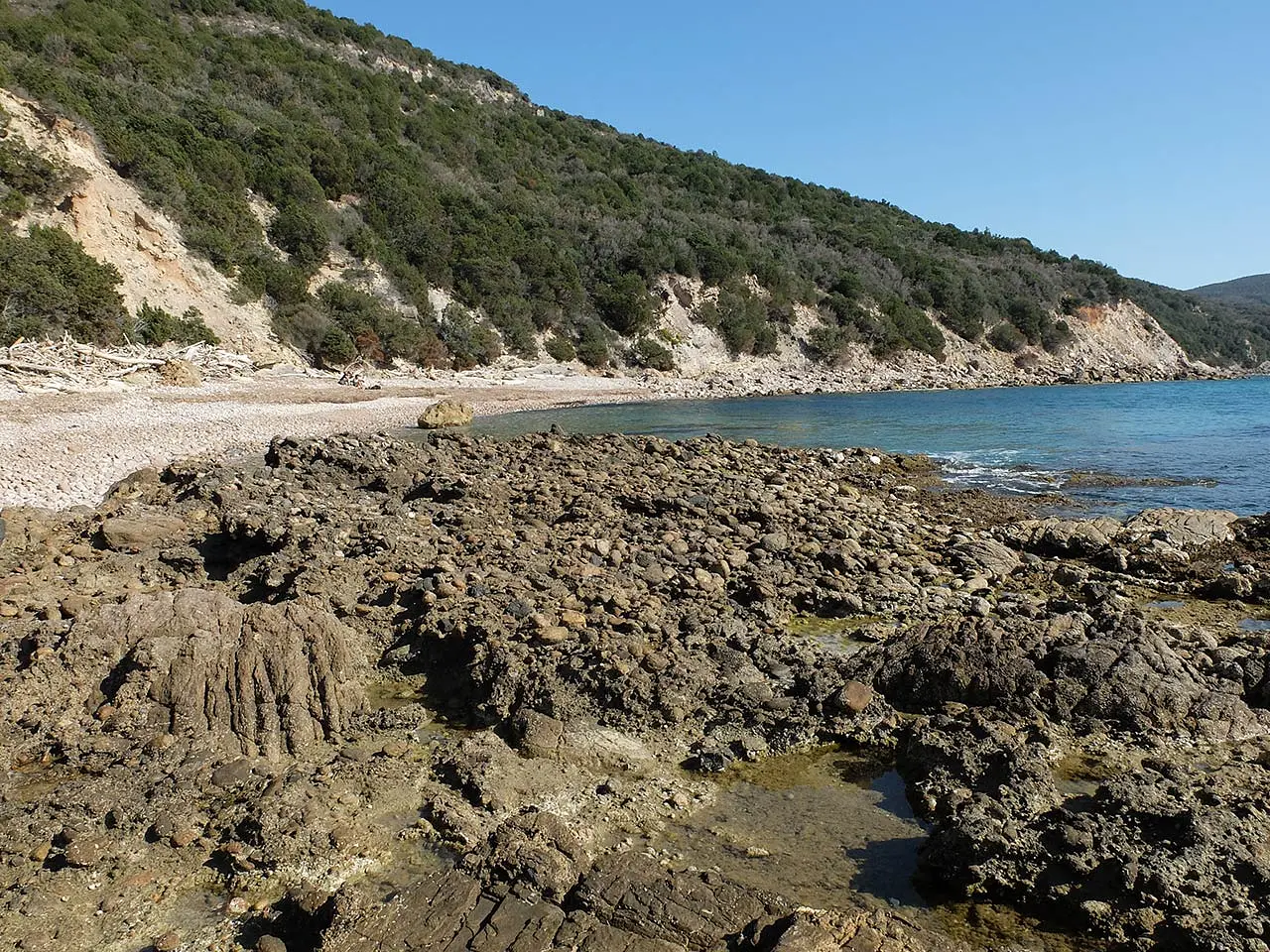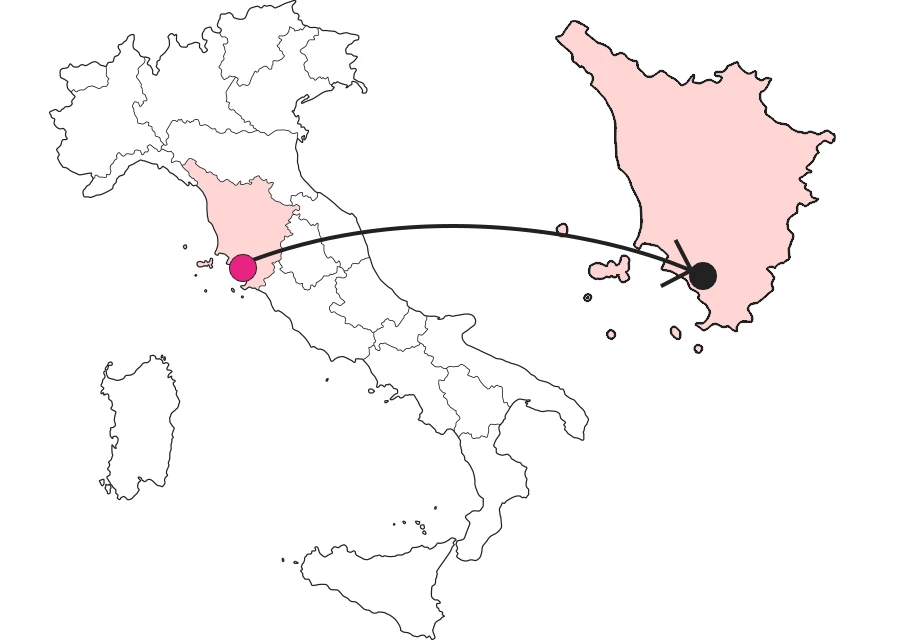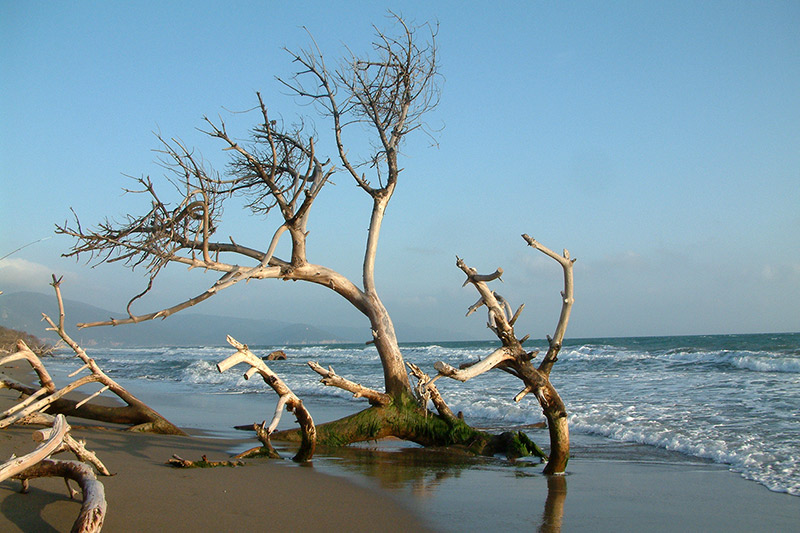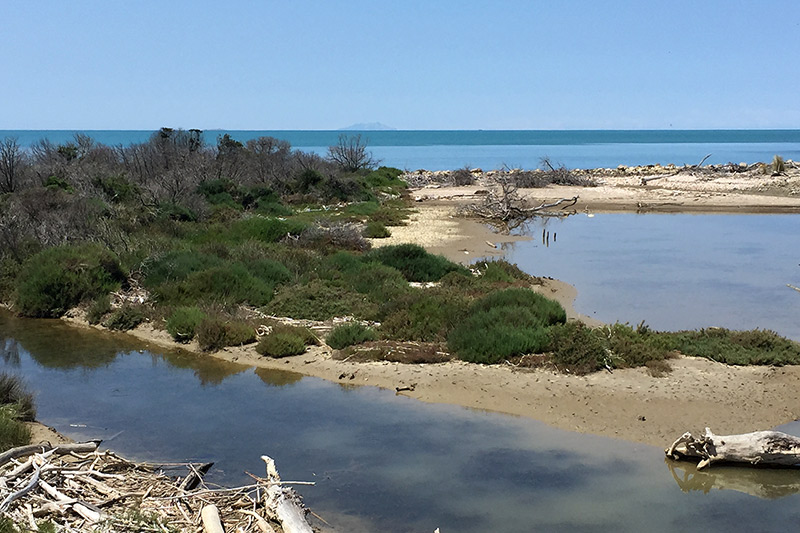SHARRYLAND


Maremma Regional Park: walking through history
Following the traces in our past in the "Uccellina Park"


Where is

Getting your bearings
The Maremma Natural Park, also known as Uccellina Park, is one of the most important protected areas in southern Tuscany and is located in the province of Grosseto. It covers 9800 hectares, covering the area from Principina a Mare to Talamone. The vast territory includes the Uccellina Mountains, the marshy lands near the mouth of the Ombrone River, the Maremma Plains, and the Uccellina Dunes. It was established in 1975.
 Uccellina Hills, Castel Marino
Uccellina Hills, Castel MarinoTo fall in love
Surrounded by silence, it is the perfect place to return to the wild and rugged nature of the Maremma of yesteryear. There are countless historical, archaeological and anthropological aspects that make it a unique place: the Romanesque Abbey of San Rabano, the coastal watchtowers, the butteri at work with herds of cows and wild horses.
Stunning landscape views give us a vision of the Maremma as it was before agricultural reforms and reclamation: expanses of alluvial pastures, marshes, ponds and canals. A great heritage of biodiversity; extremely rich flora and fauna, including wild boar, deer, marsh birds, the osprey and the wolf. Finally, how can we not talk about the magnificent wild and unspoiled beaches: the small Cala di Forno but also the very high sandy dunes of Collelungo and the renowned beach of Marina di Alberese, famous for its bleached trunks and branches brought by the sea that, much photographed, make it known as the cemetery of trees.
 Collelungo Beach
Collelungo BeachTo take a journey through history
The earliest evidence of human presence in the area dates back to the Middle Paleolithic, around 50,000 years ago. Numerous sites attest to the prehistoric frequentation of the Uccellina Mountains: the Fabbrica Cave, the Golino Cave and the Scoglietto Cave, among the richest in Tuscany. Finds from the Roman period are abundant, consisting of numerous villas and workshops of artifacts for trade, the area being close to two important communication routes: the Via Aurelia and the Ombrone River.
The end of the Roman Empire marked for the area of the Maremma Natural Park a period of decline: the coastal areas were abandoned by the population, which began to move to the hills, transforming the economy from agricultural-commercial to agro-forestry. It is to this change that we owe the swamping and consequent impassability of the coastal areas, which became embankment and military border areas.
 Abbey of San Rabano
Abbey of San RabanoAround the year 1000, the area returned to the center of trade routes and we see the rise of a powerful Abbey (now called San Rabano) on the hills of Uccellina, but the great plague of 1348 and changing political and social conditions brought Uccellina back to a state of neglect and marginality.
Later Cosimo I de' Medici attempted, with poor results, the reclamation of these lands. But the arrival of the pirate ships of the Ottoman Turks necessitates the restoration of the pre-existing towers (raised in previous centuries against Saracen attacks) and the construction of new fortresses. The economic crisis and the difficult natural conditions of the area minimized human intervention, preserving the original habitats intact.
It was with the arrival of the Lorraines (in Tuscany from the 1730s) that land reclamation works began in the Maremma and some interventions to improve health and social conditions, works that were interrupted, however, with the entry of Tuscany into the Kingdom of Italy. The Lorraines purchase the Uccellina as their farm and hunting estate.
 Bocca d'Ombrone. Ponds
Bocca d'Ombrone. PondsFollowing World War I this territory becomes public. Starting in 1926 an effective reclamation of the area will begin, finally concluded in the 1960s by mainly a public body called ONC (Opera Nazionale Combattenti). From the 1970s the territory passed to the Region of Tuscany, which in 1975 established the Park there, including not only the former Azienda Granducale/ONC territories but also many private areas.
Enter the Map of Italy's Undiscovered Wonders and find treasures where you least expect it... Inspire, Recommend, Share...
Collections
The Map thanks:
Enter the Map of Italy's Undiscovered Wonders and find treasures where you least expect it... Inspire, Recommend, Share...
Where is

Collections

